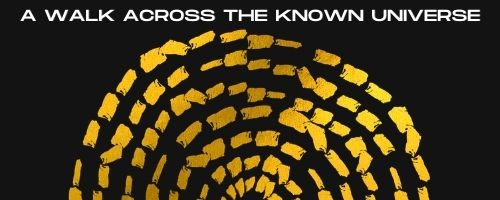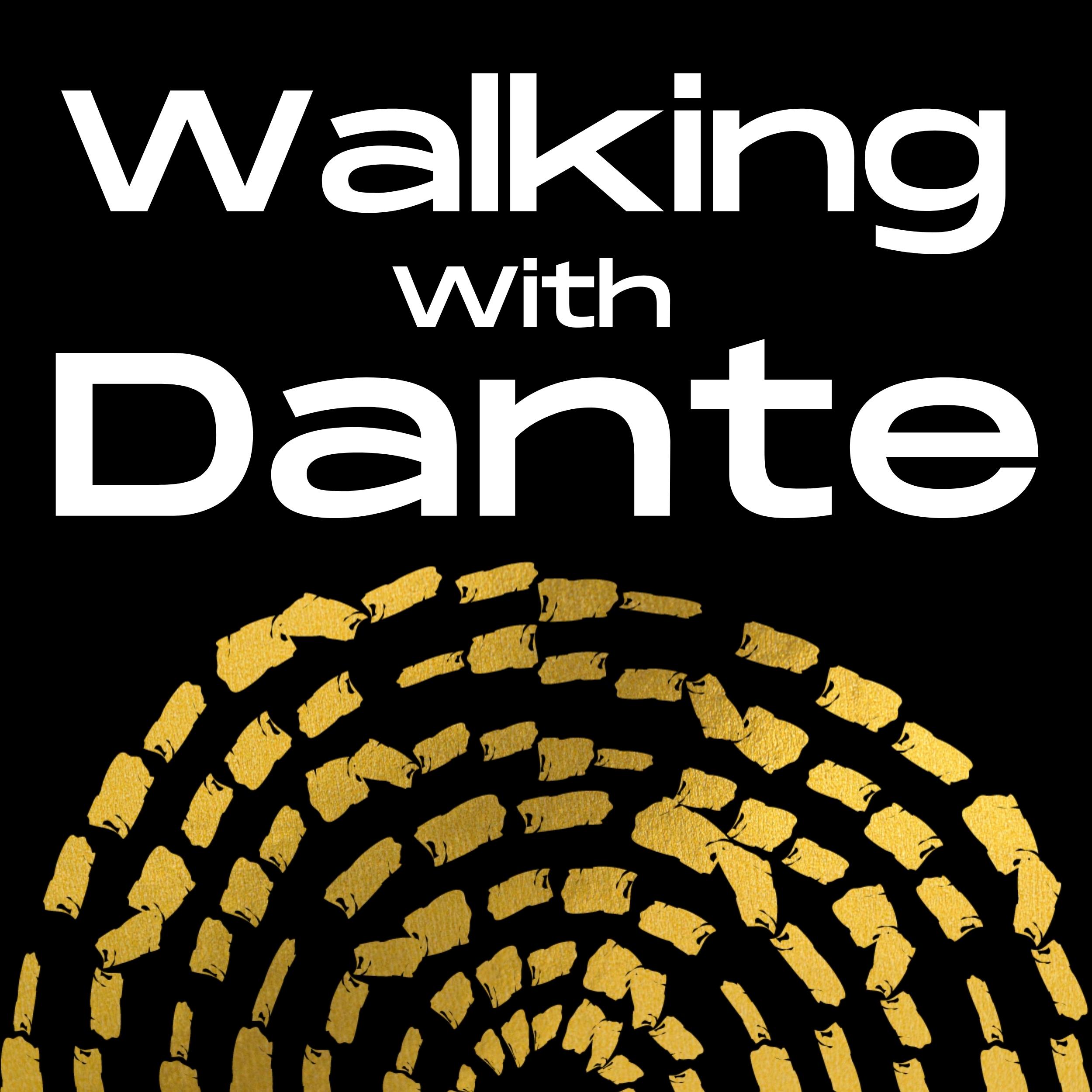Episode 9
False Modesty (Or Maybe Not): INFERNO, Canto II, Lines 1 - 42
We thought we were underway, but important things must happen first.
Join me, Mark Scarbrough, as we start the Canto II of INFERNO to discover that the our pilgrim, Dante, is almost undone by his doubts. So he tries to play a rhetorical game with his poetic master, Virgil.
To get famous, punch up! And Virgil is definitely up from this rather middling poet.
If you'd like to help underwrite the many fees for licensing, streaming, editing, hosting, and more for this podcast, please consider a one-time donation or a small monthly stipend by using this PayPal link right here.
Here are the segments of this episode:
[02:02] My English translation of the passage for this episode: INFERNO, Canto II, Lines 1 - 42.
[04:14] A review of the plot so far--and an overview of what's ahead in Canto II of INFERNO.
[06:08] The opening lines of Canto II, with particular attention to the questions of temporality. Or to put it another way, our pilgrim is out of sync with the world.
[09:53] The first invocation of COMEDY. It's a prayer. Not to God. To the classical muses. And particularly to memory. (Bonus material: thereby further asserting the "realism" of COMEDY, affirming that Dante-the-pilgrim REALLY went on this walk.)
[11:37] Our pilgrim's first big speech. Am I good enough as a poet to do this? And it raises religious issues. Who's good enough to see the afterlife?
[18:01] More about periphrasis: the technique of walking around something without exactly naming it. For lots of reasons. Including flattery.
[21:52] Who permits this? The biggest question of COMEDY! Who permits the poet (no less the pilgrim, too) to do this? What if Dante sets out on this walk (or starts writing this poem) and it all turns out to be mad folly.
[25:00] Rereading INFERNO, Canto II, lines 1 - 42.
Mentioned in this episode:
A brief introduction to the walk ahead


